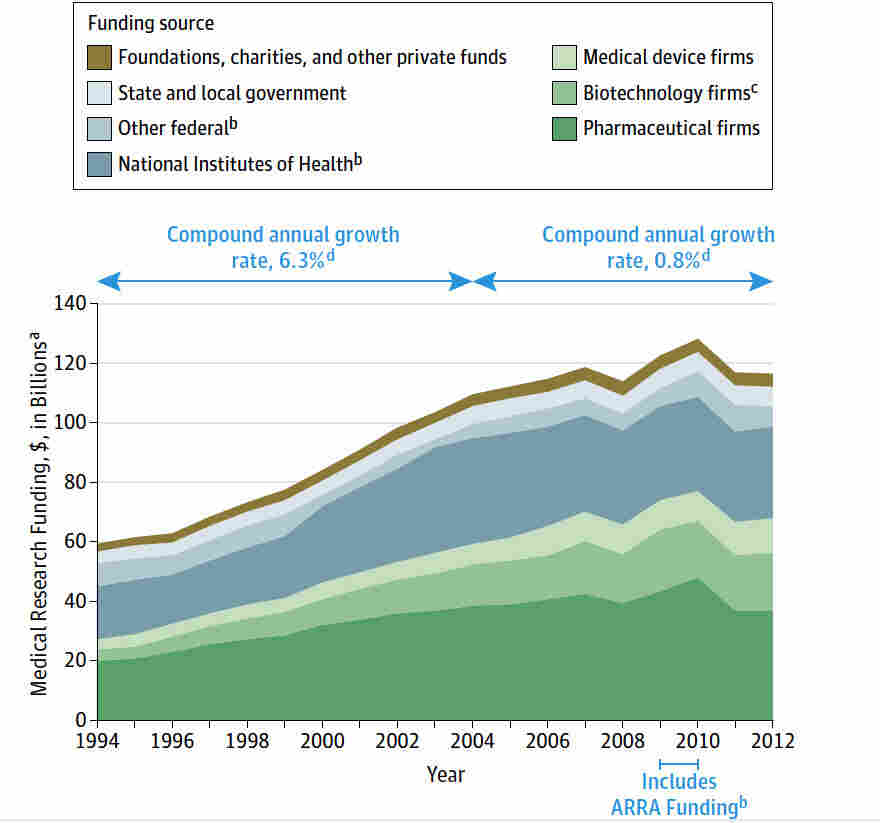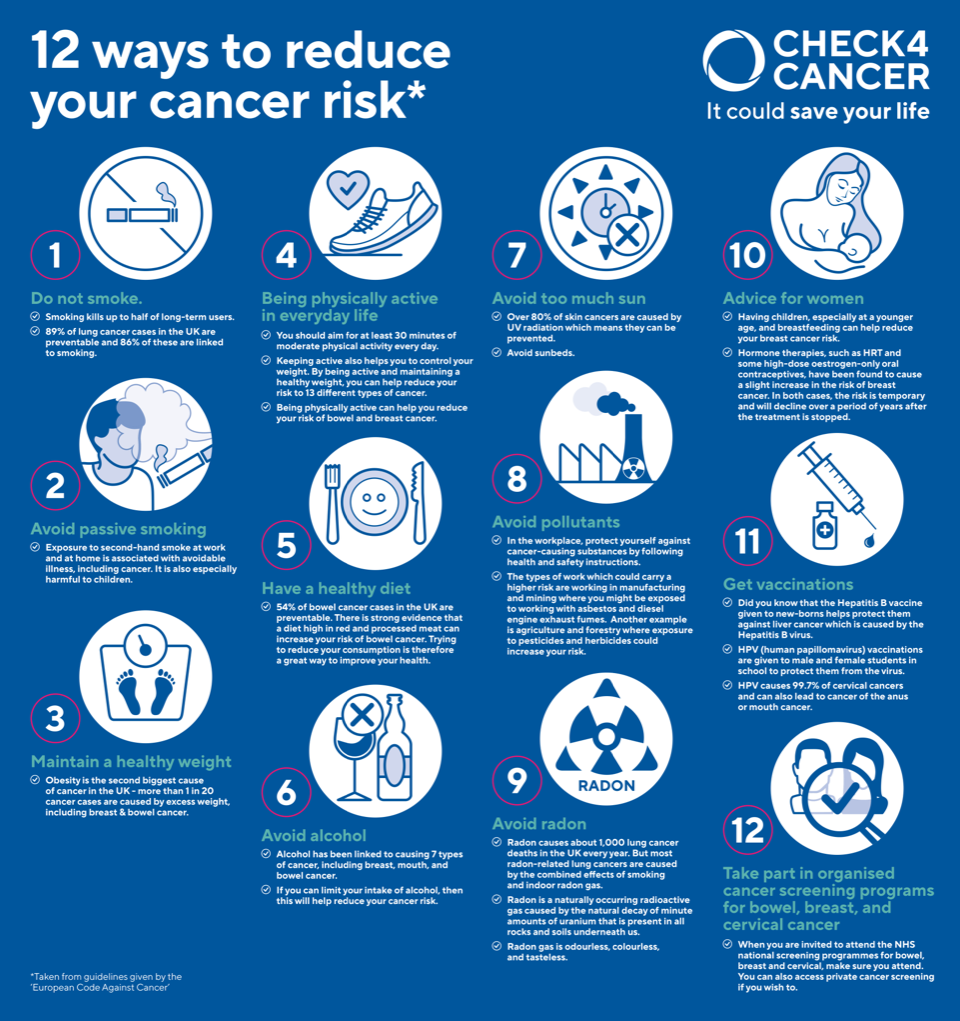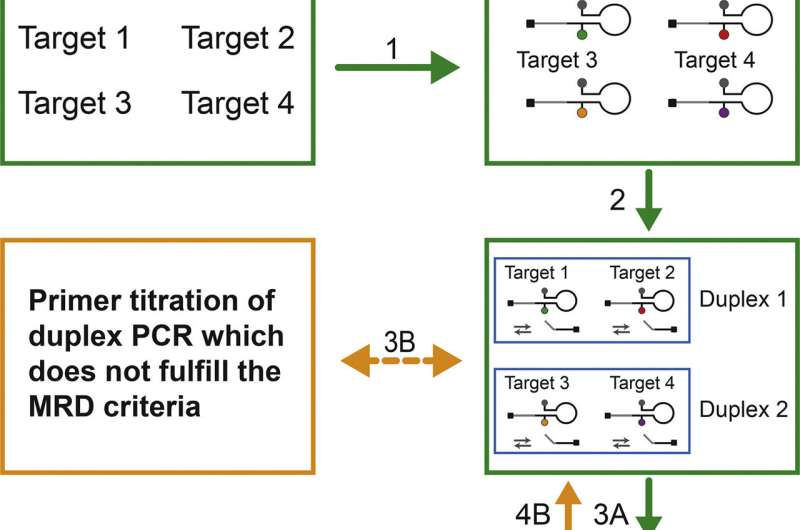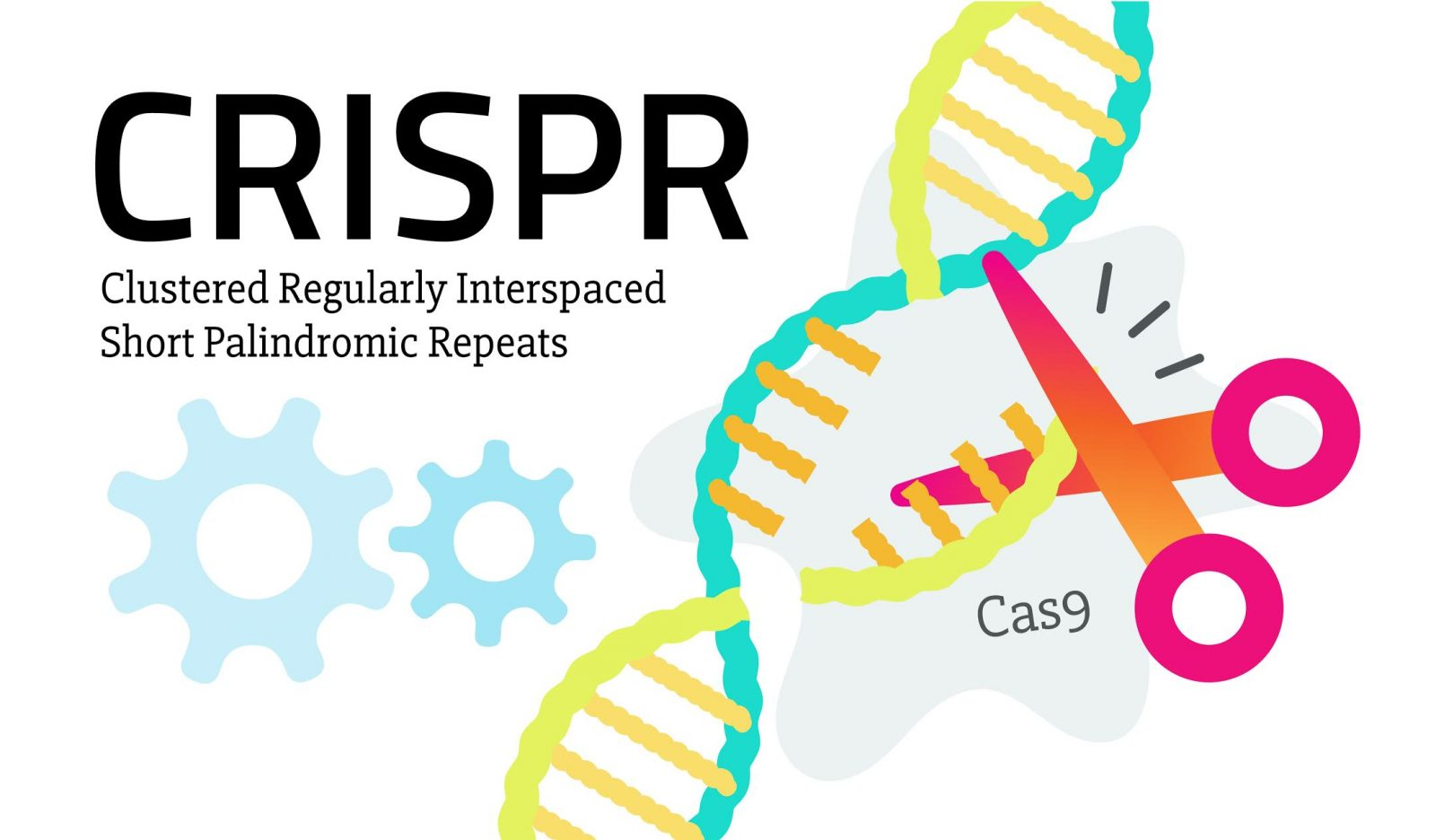
Vaping cessation has emerged as a critical focus in addressing the growing epidemic of nicotine addiction among teens and young adults.Recent studies highlight that innovative treatments like the FDA-approved smoking cessation pill varenicline can significantly enhance the success of quitting vaping.

Health Tracking has emerged as an essential tool in the journey towards understanding the complexities of learning and memory, particularly in relation to neurological disorders.At the forefront of this innovative field, researchers are using advanced techniques to uncover how memories are formed and preserved within the brain’s intricate synaptic networks.

Health research funding plays an essential role in advancing medical studies and ensuring patient safety.As federal grants experience unprecedented cuts, the ramifications are profoundly felt within the medical research community.

Youth well-being is an increasingly vital topic as societies around the globe grapple with the intersection of health, happiness, and financial security for youth.Recent findings from the Global Flourishing Study underscore the complex dynamics that influence young people’s experiences, illustrating that mere economic prosperity does not guarantee flourishing.

Health tracking has emerged as a crucial component in understanding human cognitive functions, particularly in how learning and memories are formed.By monitoring our health, we can unveil insights into the brain’s intricate processes, such as synaptic plasticity, which plays a pivotal role in memory formation.

Global health represents a crucial aspect of international development, encompassing efforts to improve health outcomes and promote well-being across nations.Amidst significant challenges, the leadership of organizations like USAID has been instrumental in mitigating health crises and building resilient health infrastructures worldwide.

Cancer risk reduction strategies are pivotal in combating one of the leading causes of morbidity and mortality worldwide.By focusing on effective cancer prevention measures, researchers, such as those at Harvard, explore how nutrition and health can significantly lower the probability of developing cancer.

Pediatric cancer relapse prediction has reached a new frontier with recent advancements in artificial intelligence (AI) technologies.Researchers at Mass General Brigham have developed a groundbreaking AI tool that outperforms traditional methods in forecasting relapse risks among children with cancer.

Bile imbalance liver cancer is an emerging concern in the realm of liver diseases, revealing how disruptions in bile acids can lead to severe health issues including hepatocellular carcinoma (HCC).These bile acids, essential for fat digestion, not only assist in metabolism but also play a crucial role in cell signaling pathways involved in cancer progression.

CRISPR ethics is an increasingly urgent topic in today’s medical discourse, particularly as advancements in gene editing technology offer both remarkable potentials and daunting ethical dilemmas.As we stand on the verge of addressing genetic conditions such as sickle cell disease, the conversation grows around not just the scientific capabilities, but also the moral implications of editing the human genome.